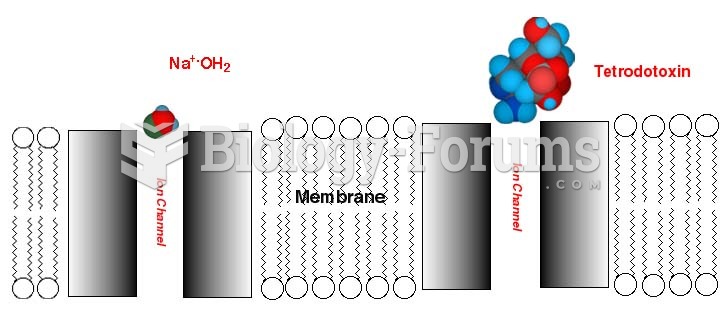|
|
|
Illness; diuretics; laxative abuse; hot weather; exercise; sweating; caffeine; alcoholic beverages; starvation diets; inadequate carbohydrate consumption; and diets high in protein, salt, or fiber can cause people to become dehydrated.
In Eastern Europe and Russia, interferon is administered intranasally in varied doses for the common cold and influenza. It is claimed that this treatment can lower the risk of infection by as much as 60–70%.
Cancer has been around as long as humankind, but only in the second half of the twentieth century did the number of cancer cases explode.
About 100 new prescription or over-the-counter drugs come into the U.S. market every year.
Thyroid conditions cause a higher risk of fibromyalgia and chronic fatigue syndrome.







